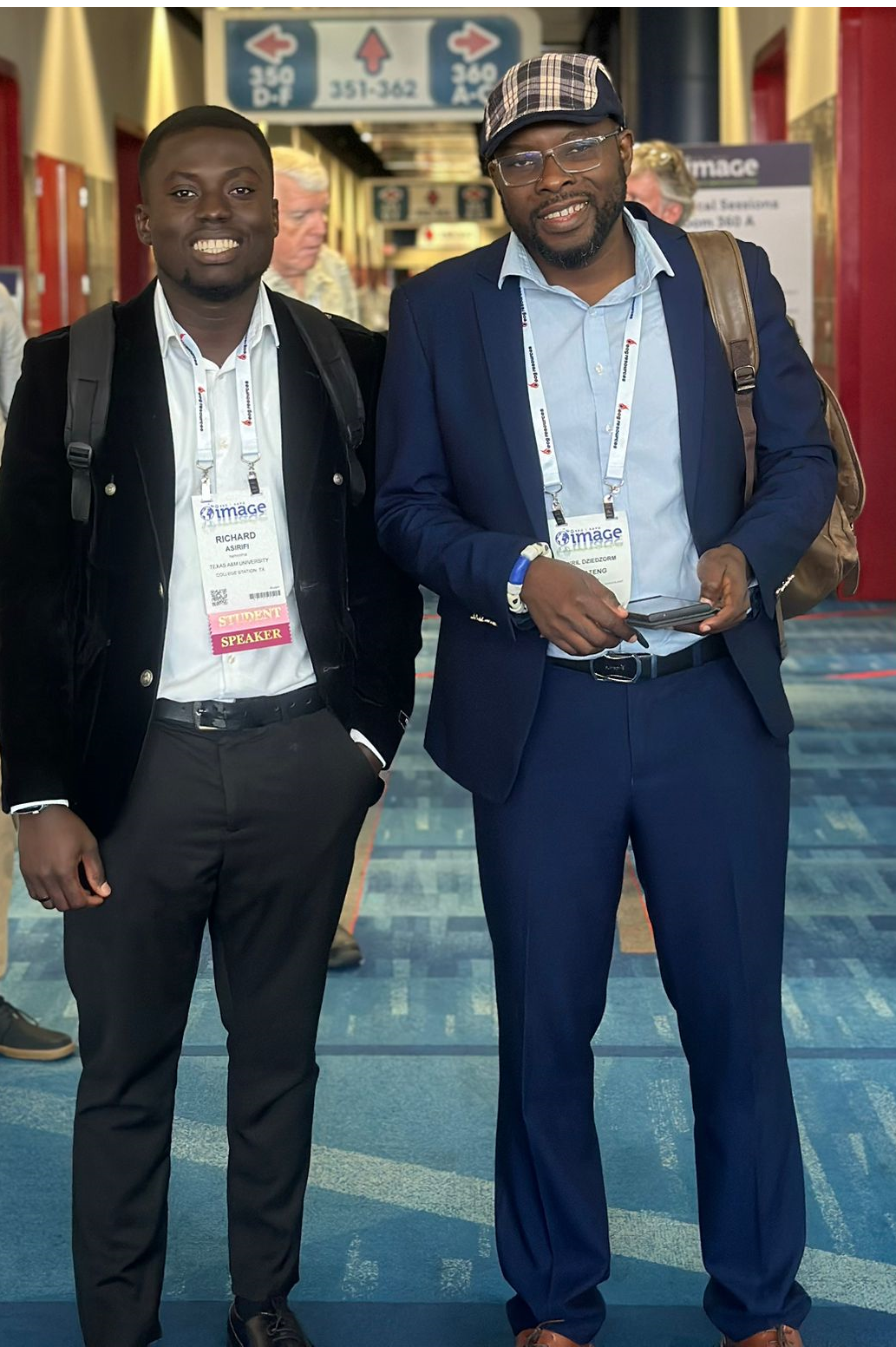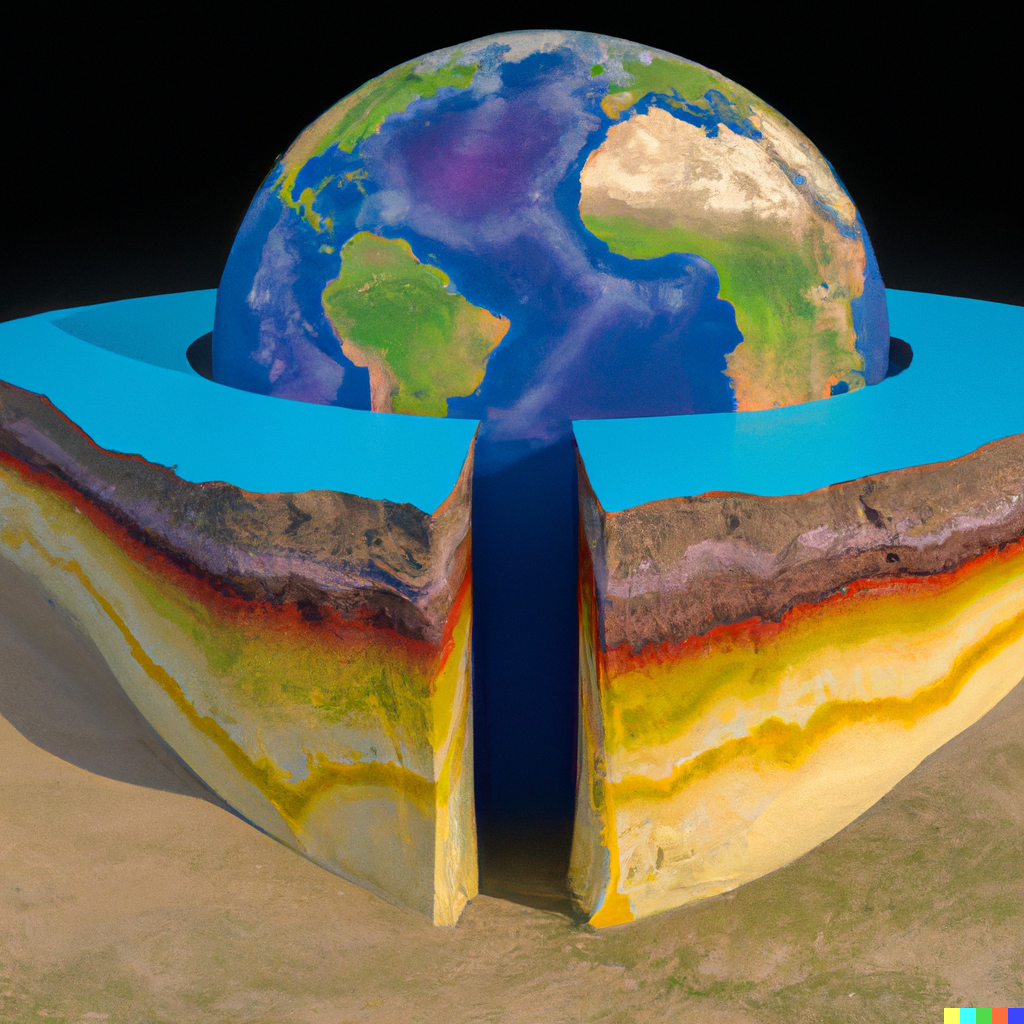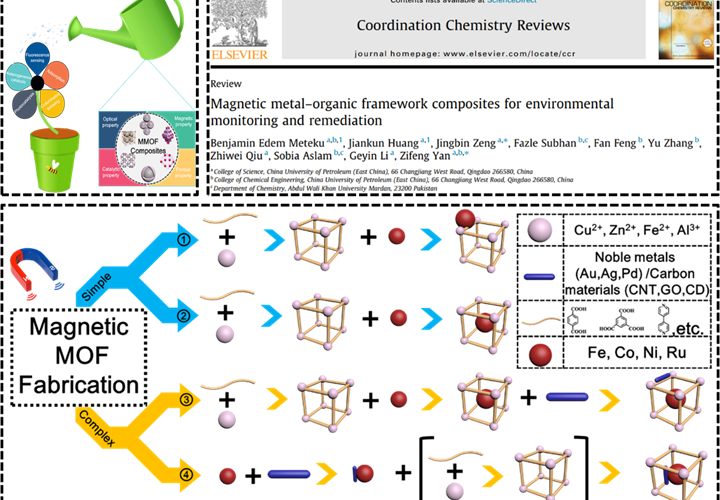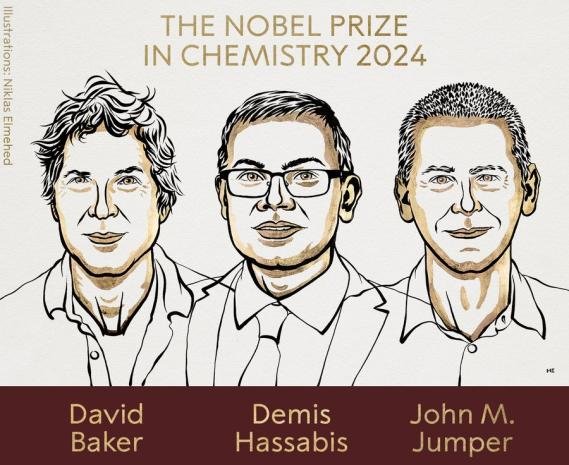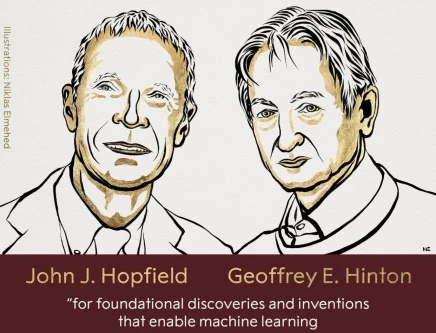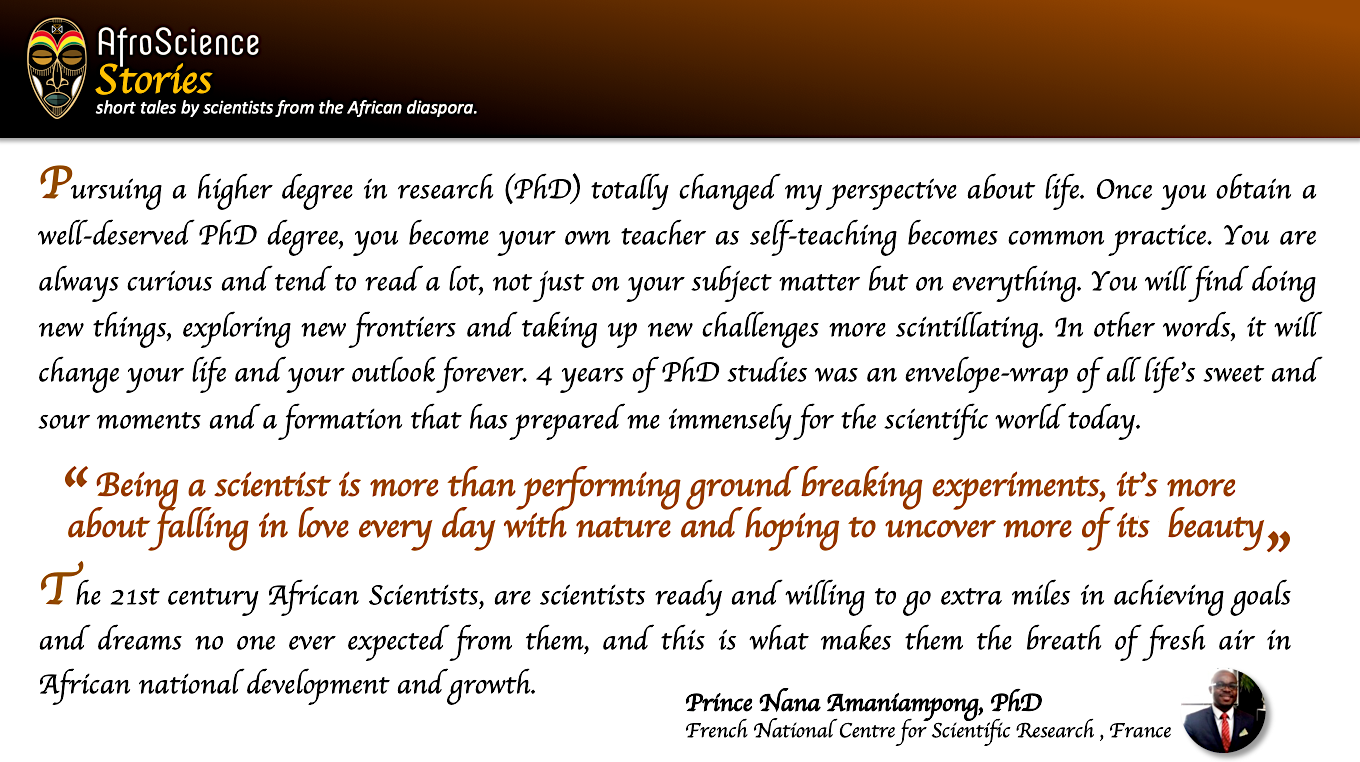If you have been following the news, lately you must have heard of COP 26. COP has been taking place since 1995, but this year it has been in extra focus due to the effects of climate change across the world.
If you have been following the news, lately you must have heard of COP 26. COP has been taking place since 1995, but this year it has been in extra focus due to the effects of climate change across the world. This year’s conference is the 26th meeting hence, COP 26. The full name of the two-week conference is the Conference of Parties (COP) to the United Nations Framework Convention on Climate Change (UNFCC). The COP is a formal negotiating session for countries to discuss and advance their climate commitments and actions. It has recently become a meeting place for all stakeholders to find solutions to the climate change crisis.
COP 26 had the following goals: secure global net-zero by mid-century and keep 1.5 degrees within reach, adapt to protect communities and natural habitats, mobilise finance, work together to achieve the climate goals. It was initially scheduled for 2020 but was postponed due to the pandemic.
Recently, extreme weather events such as heatwaves, floods, forest fires and other events such as ice caps melting and sea levels rising have highlighted the heating of the earth due to fossil fuel emissions caused by humans. Governments worldwide agree that comprehensive and collaborative urgent action is required to reverse or at minimum halt climate change.
At COP 26, government leaders worldwide presented reports on progress since the Paris Agreement. At the end of the conference, a new deal was reached called the Glasgow Climate Pact. This pact includes the first-ever plan to cut the use of coal globally. It also consists of a plan to assist developing countries with climate change adaptation strategies financially.
However, critics say the deal reached was not strong enough in terms of cuts in fossil fuel use and not far-reaching enough to assist developing countries.
Conflict Of Interest
The views and opinions expressed in this article are those of the author, and they do not purport to reflect the policies, opinions, or views of the AfroScience Network platform.
Disclaimer
This article has not been submitted, published or featured in any formal publications, including books, journals, newspapers, magazines or websites.
Be the first to comment
Please login to comment




